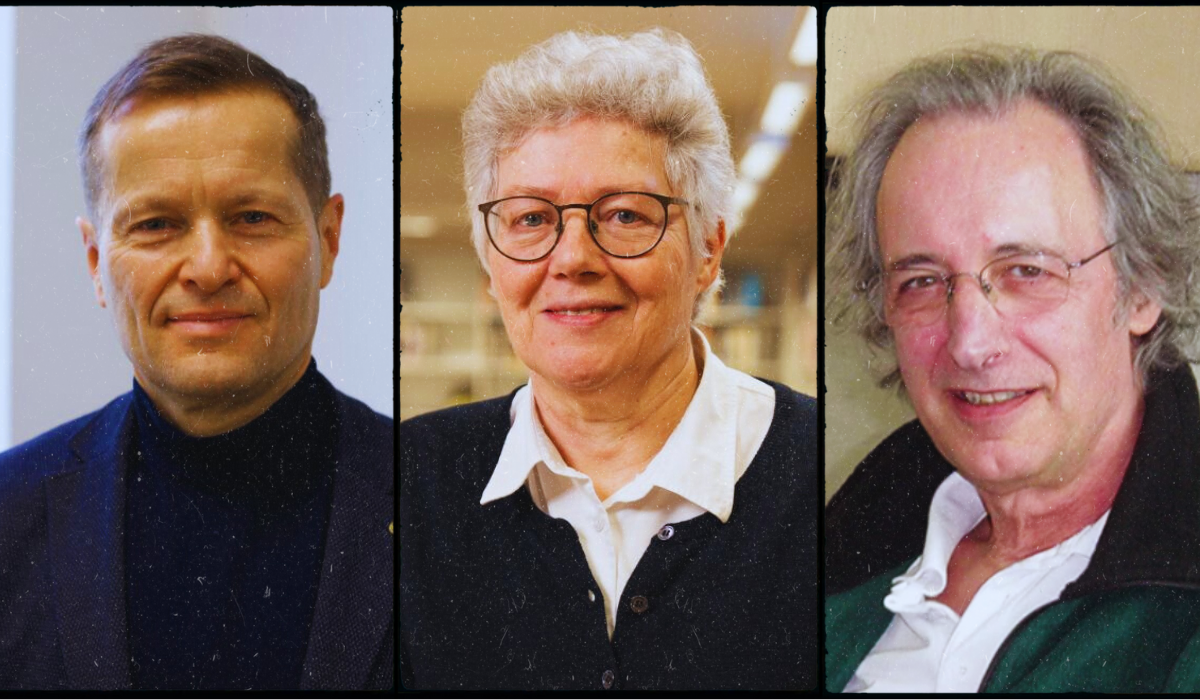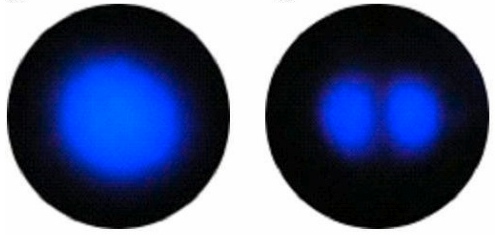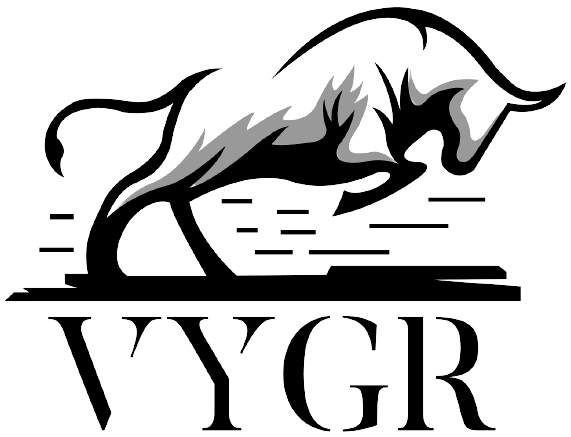The Nobel Prize in Physics of this year rewards the experimental methods that generate very short pulses of light for the study of electrons in matter.
The award goes to French-Swedish physicist Anne L’Huillier, French scientist Pierre Agostini and Hungarian-born Ferenc Krausz for their work with the tiny part of each atom that races around the center and that is fundamental to virtually everything

Photo:BBVA Foundation/ Ferenc Krausz, Anne L’Huillier and Pierre Agostini (left to right)
According to the Nobel Committee, the 2023 laureates in physics are being recognised for their experiments, which have given humanity new tools for exploring the world of electrons inside atoms and molecules.
The incredible work of researchers demonstrated a way to create extremely short pulses of light that can be used to study and capture rapid processes inside atoms.
According to BBC News, Electrons are tiny particles inside atoms and they move incredibly fast - in billionths of a second. Prior to the laureates' breakthroughs, Electrons effectively appeared as blurs under the most advanced microscopes because their movement and behaviour were too rapid to track To understand how an electron travels, scientists had to look at an extremely short time period — An attosecond is one quintillionth of a second, similar to a photographer's shutter speed for capturing hummingbirds.

Photo: Science.org
An attosecond is one quintillionth of a second, making it a second what one second is to the age of the Universe.
Eva Olsson, chair of the Nobel Committee for Physics said that Attosecond physics gives us the opportunity to understand mechanisms that are governed by electrons. Now the door to the world of electrons can be opened.
In Science and Medicine "Attosecond physics" will help to understand processes inside atoms and molecules in sharper focus. The development is likely to result in more precise electron microscopes, faster electronics, and earlier disease diagnosis tests.
Lund University's Prof. L'Huillier has become the fifth woman to receive the Nobel Prize for Physics in Sweden. When she addressed the press conference at the Royal Swedish Academy, she was surprised when she received the call. She said that the Nobel Committee had called three times before she answered the phone.
She added "It's incredible, as there are not so many women that won the Noble Prize - so it's very, very special"
The BBC reported that the Noble Prize winners will share prize money of 11m Swedish krona (£824,000).
Did you miss the announcement of the 2023 Nobel Prize in Physics earlier today?
Watch the very moment the prize was announced and see the full announcement at https://t.co/i9s6HMj1er #NobelPrize pic.twitter.com/0j9HT0ttOG— The Nobel Prize (@NobelPrize) October 3, 2023
Ⓒ Copyright 2023. All Rights Reserved Powered by Vygr Media.







